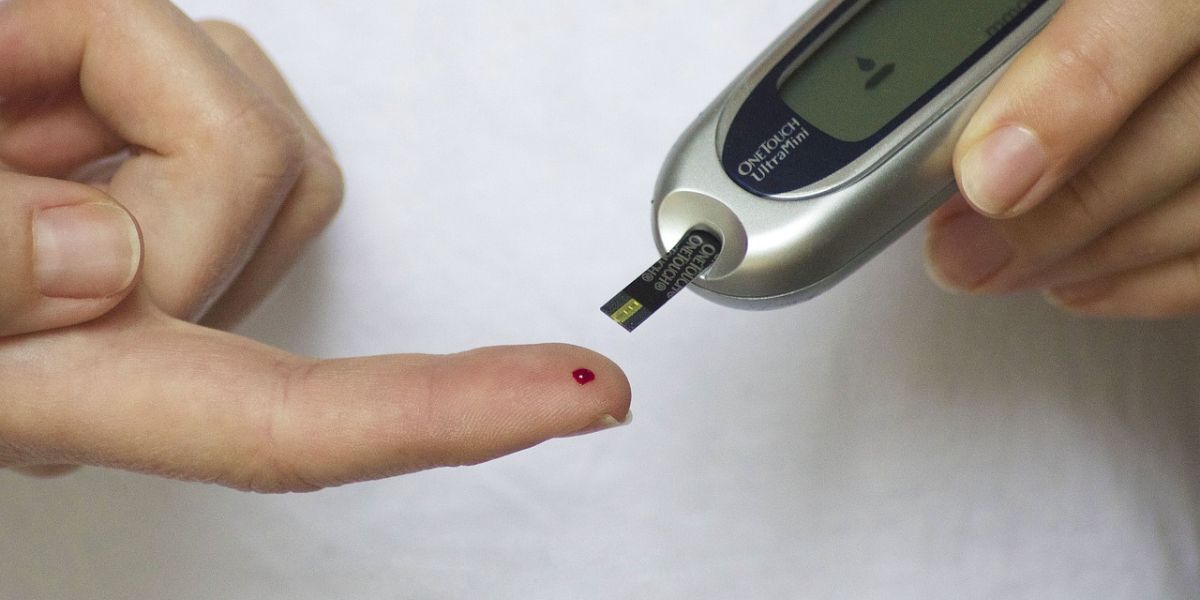Kapanlagi.com - For children suffering from diabetes, observing fasting during the month of Ramadan is not impossible, although it requires careful and strategic approaches. Changes in metabolism during fasting can affect blood sugar levels, making it important for parents to understand how to safely maintain their child's blood sugar balance. Without proper supervision, fasting can increase the risk of hypoglycemia (too low blood sugar) or hyperglycemia (too high blood sugar).
According to the Indonesian Pediatric Society (IDAI), fasting is only recommended for children with type 1 diabetes who already have good blood sugar control. If the child's blood sugar levels are unstable, the risk of serious complications such as diabetic ketoacidosis (DKA) and dehydration can increase. Therefore, it is very important for parents to consult with a doctor before allowing their child to fast.
Additionally, there are several adjustments that need to be made, ranging from dietary patterns, insulin doses, to physical activity. All these steps aim to ensure that the child remains healthy and can observe fasting comfortably, without dangerous health risks. Here is the complete guide.
1. Fasting Rules for Children with Diabetes: What Needs to Be Fulfilled?
Not all children with diabetes can fast. There are several conditions that must be met to ensure that fasting remains safe and does not endanger the child's health.
- The child must have stable blood sugar control with HbA1c ≤ 8%.
- Must not be experiencing an infection or other illnesses such as fever and vomiting.
- Must not have a history of severe hypoglycemia in the last three months.
- Must not have experienced diabetic ketoacidosis (DKA) in the last three months.
If the child does not meet the above criteria, it is advisable not to fast due to the high risk of complications. On the other hand, if the child's condition is stable and has the doctor's approval, parents can arrange a safe fasting strategy for the child.
2. Dietary Management: Healthy Suhoor and Iftar
When fasting, children with diabetes must still receive adequate nutrition to keep their blood sugar levels stable. Here are the recommended dietary guidelines:
During Suhoor
- Consume complex carbohydrates such as brown rice, whole grain bread, or oatmeal for longer-lasting energy.
- Add healthy proteins such as eggs, skinless chicken, and tofu/tempeh.
- Drink enough water to prevent dehydration.
- During Iftar
- Start with light snacks such as dates or fresh fruit.
- Avoid foods that are too sweet or high in fat to prevent a drastic spike in blood sugar levels.
- The main meal should ideally be consumed after the Maghrib prayer, not immediately at Iftar.
After Tarawih
- Consume healthy snacks such as yogurt, nuts, or fruits.
With this meal distribution, the child's blood sugar levels will be more stable during fasting.
3. Adjustment of Insulin Dose to Prevent Hypoglycemia
One of the biggest risks when a child with diabetes fasts is hypoglycemia. Therefore, the insulin dose needs to be adjusted according to the child's meal schedule and activities.
According to IDAI, the rules for insulin dosing during fasting are as follows:
If using long-acting and short-acting insulin (basal-bolus):
- The total long-acting insulin dose is reduced to 80% of the normal dose.
- Bolus insulin is given according to the amount of calories consumed from food.
If using an insulin pump:
- The basal insulin dose is reduced to 80% of the normal dose.
- Bolus insulin is given according to the amount of calories from food.
Before implementing this adjustment, parents should consult with a doctor to ensure that the insulin dose given is truly appropriate for the child's needs during fasting.
4. Physical Activity and Blood Sugar Monitoring
In addition to diet and insulin, physical activity must also be taken into account to keep children healthy while fasting. Children can still engage in regular activities, but there are several things to consider:
- Rest after Dhuhr to avoid fatigue.
- Avoid heavy activities during the day to prevent hypoglycemia.
- Light exercise such as a leisurely walk or light aerobics can be done after Tarawih.
- Additionally, blood sugar monitoring should be carried out regularly:
- Before sahur and iftar.
- 2 hours after eating.
- Whenever the child feels weak, sweaty, or dizzy.
If blood sugar levels are too low (< 4 mmol/L) or the child experiences symptoms of hypoglycemia, the fast must be immediately canceled.
5. When Should Fasting Be Stopped?
Although the child meets the requirements to fast, there are several conditions that require fasting to be stopped immediately:
- The child experiences hypoglycemia (symptoms: weakness, cold sweating, dizziness, or blurred vision).
- Blood sugar levels are too high (> 300 mg/dL) which risks causing ketoacidosis.
- The child experiences dehydration, indicated by a dry mouth, infrequent urination, and weakness.
If the child experiences any of the above conditions, parents must immediately provide food or drink to restore blood sugar levels to normal. Do not force the child to continue fasting if their condition does not allow it.
6. FAQ
1. Can children with diabetes fast?
Yes, children with type 1 and type 2 diabetes can fast, but it must be under medical supervision.
2. What should be done if the child's blood sugar is low while fasting?
If blood sugar is below 70 mg/dL, fasting must be canceled immediately and glucose intake should be provided.
3. How can parents maintain the child's diet during fasting?
The diet should be healthy and balanced, focusing on complex carbohydrates, protein, and fiber, while avoiding sugary foods.
4. When should parents consult a doctor?
Consultation should be done at least two months before Ramadan to ensure the child's health.
(kpl/rmt)
Disclaimer: This translation from Bahasa Indonesia to English has been generated by Artificial Intelligence.












